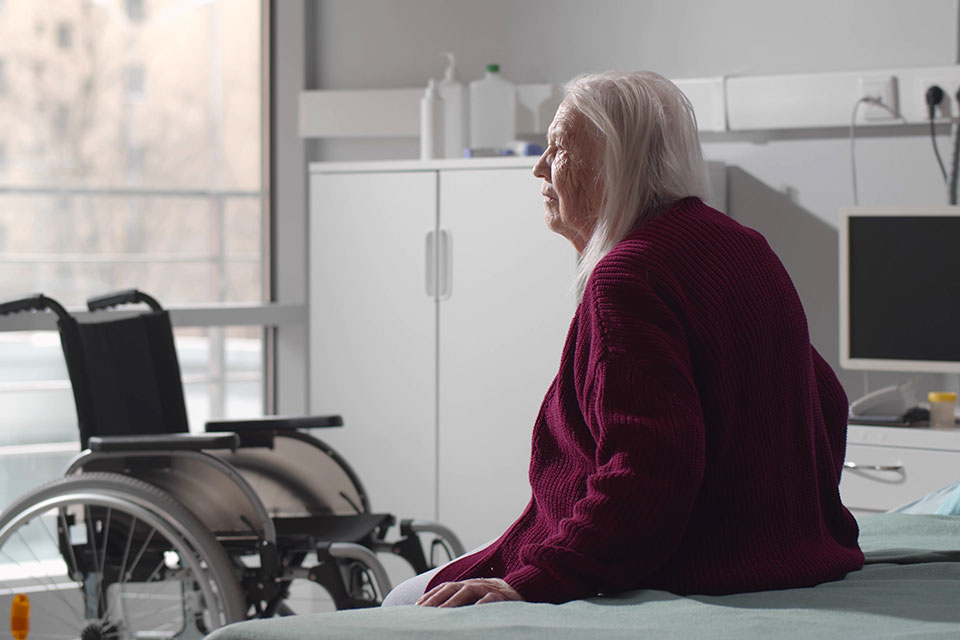Caring for Your Loved One After Discharge: 5 Key Areas to Consider

Acting as a family caregiver for your loved one after a stay in hospital or short-term skilled nursing and rehabilitation can feel overwhelming, particularly if their care needs have progressed or altered since you were last responsible for their care.
This guide will provide you with an insight into 5 core areas of care to consider, arming you with the knowledge you need to feel empowered in your role as a family caregiver.
1. Preventing Falls
Falls are a common reason for senior hospital admissions. In fact, according to the CDC, more than one in four seniors over the age of 65 suffer a fall each year, and having one fall doubles the chances of having another. Consequences of falls can include broken bones, head injuries and increased anxiety.
Thankfully, there are steps that can be taken to help prevent your loved one from falling. One of the most effective ways to prevent falls upon discharge from skilled rehabilitation or nursing care is to make their home or living space safer. For example, introducing grab bars around the toilet and shower, or encouraging them to use a walker or cane can effectively increase both confidence and safety.
Other effective preventative measures include reviewing medications to ensure drug interactions are not causing them dizziness or vertigo, or scheduling a vision exam if you suspect they’re struggling with their sight. You may also wish to start a gentle exercise routine with your loved one (if they’re able). This could be an effective way to strengthen their legs while improving mobility and balance but be sure to consult their doctor first.
2. Meeting Nutritional Needs
Mealtimes can be challenging for aging seniors, but making sure your loved one continues to benefit from proper nutrition upon discharge from skilled nursing or rehabilitation is vital. If your loved one has Alzheimer’s disease or another form of dementia, issues like cognitive impairment and declination of sensory perception can pose additional challenges.
Implementing strategies like reducing distractions at the dinner table, testing food temperatures to ensure they aren’t too hot, keeping the number of foods on the plate to a minimum and allowing plenty of time to eat can make mealtimes a little easier to navigate.
3. Medication Management
Aging seniors, and particularly those with dementia can be vulnerable to making mistakes with their medications. As a family caregiver, there are provisions you can put in place to help them take their medications correctly. Key mistakes in medication management include incorrect dosing, drug interactions, taking medications in the wrong way or mixing up medications.
If you’re with your loved one round the clock, you may wish to keep their medication in a safe space, supplying them with the right doses and instructions at the correct times. However, many family caregivers have other commitments and are unable to be by their loved one’s side at all hours. If this is the case, pill boxes can really help in ensuring your loved one takes the right medication at the right time. Alternatively, if they have complex medication needs and would benefit from supervision by professional caregivers, long-term skilled nursing care could be a great solution.
4. Helping With Socialization
Maintaining a strong social life is a powerful tool for the health of seniors, reducing anxiety and depression by minimizing difficult feelings of isolation. If your loved one is struggling to socialize as they used to, there are things you can do to help them regain the social life they once enjoyed.
Helping them to find groups, classes or events aimed at seniors and providing transport can be a simple yet powerful way to help your loved one reap the benefits of social interaction, including reduced stress, improved self-esteem and even a longer lifespan.
5. Taking Care of Yourself
It’s common for family caregivers to neglect their own needs as they take care of their loved one, but considering your own health and wellbeing is vitally important. If you’ve been trying your best but can’t seem to keep up with your loved one’s needs, long-term skilled nursing care could be the ideal solution for their health and your peace of mind.
